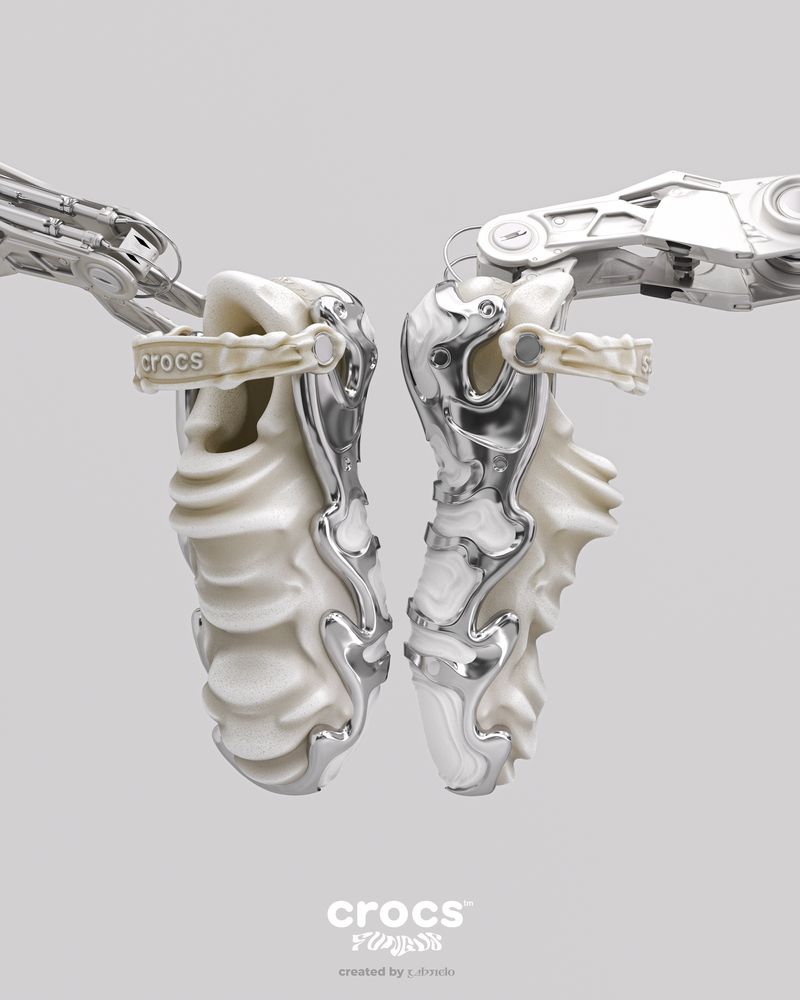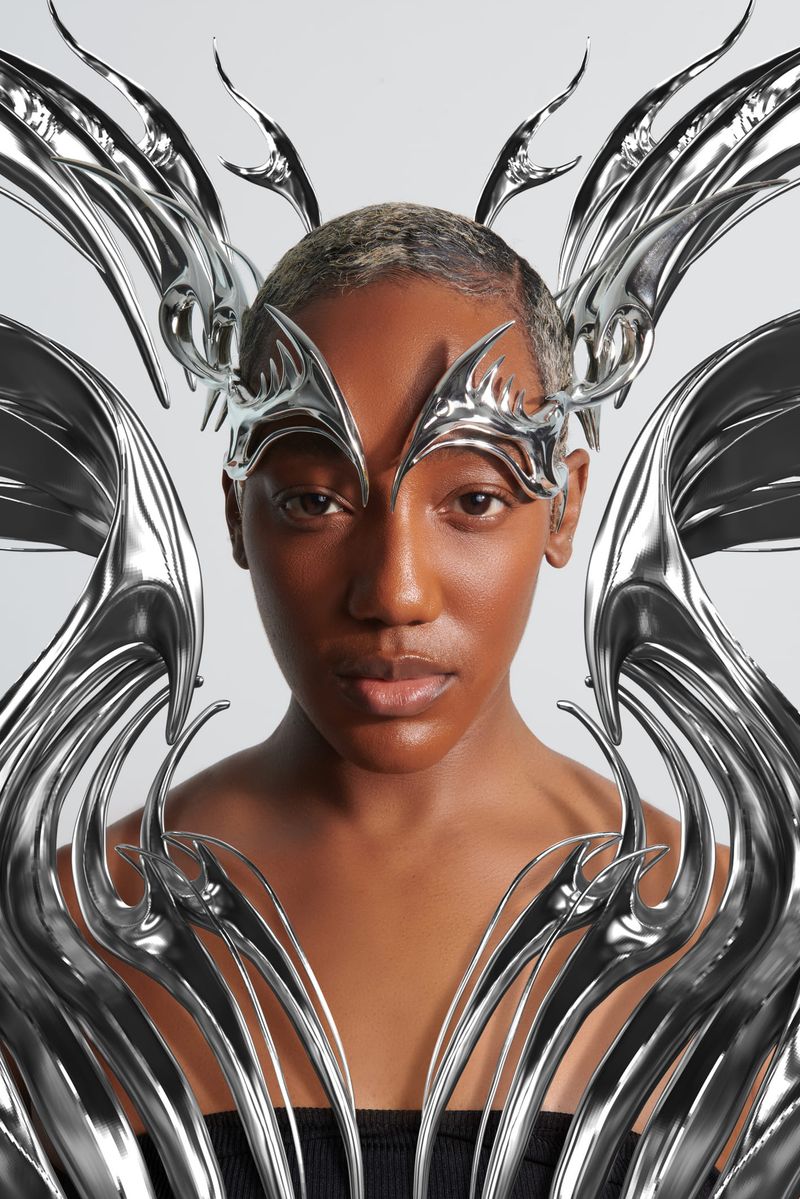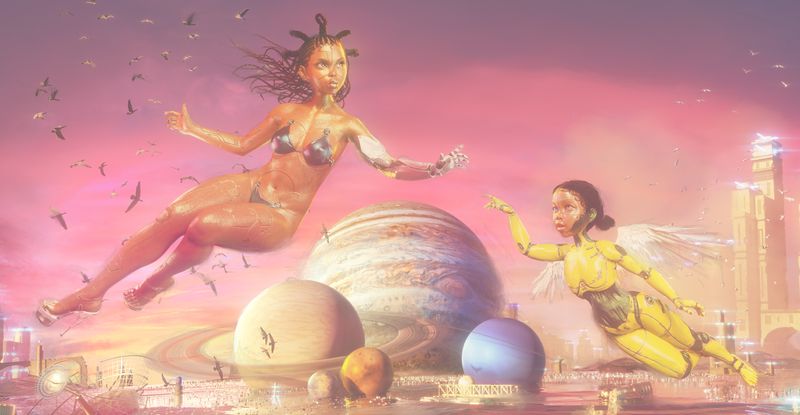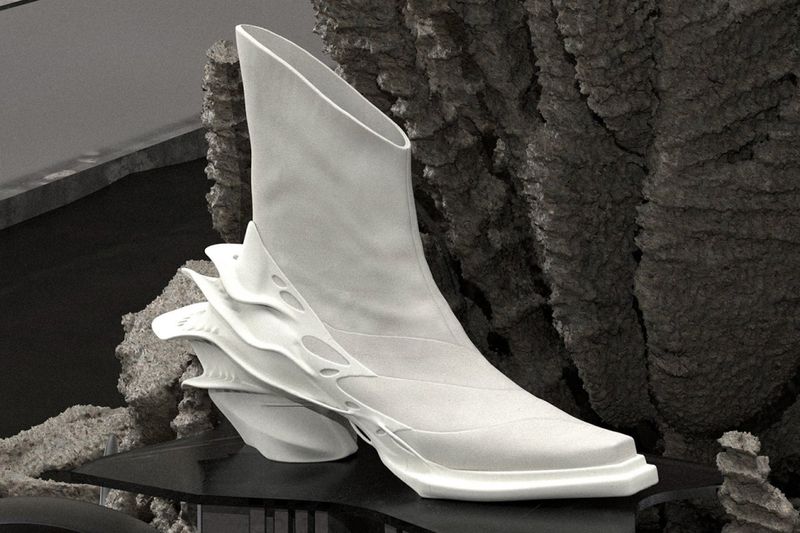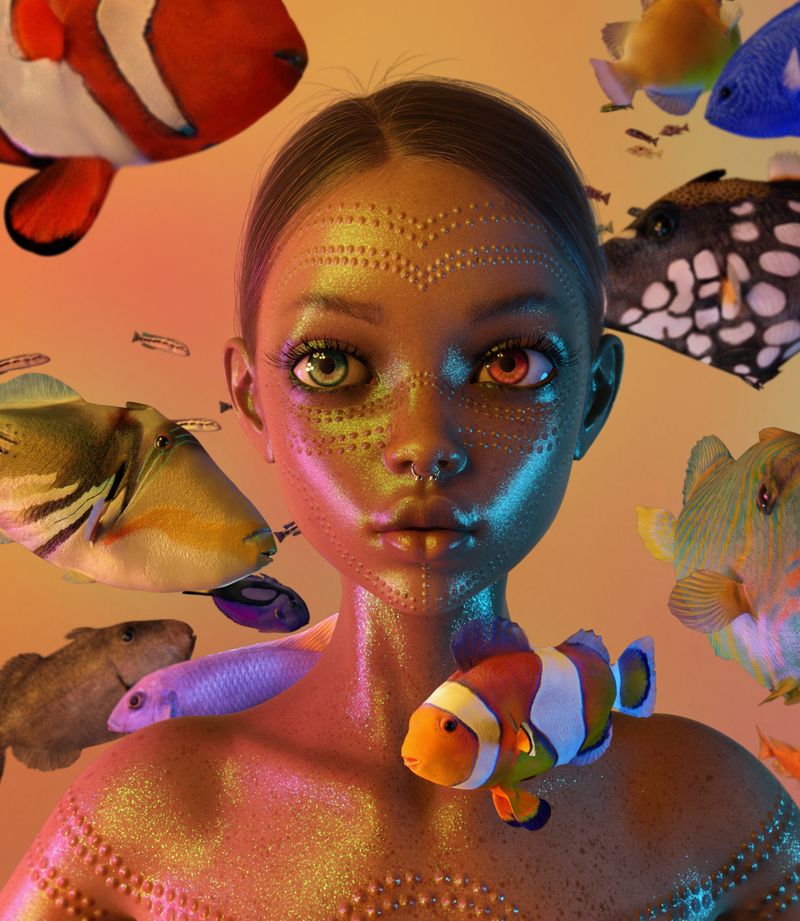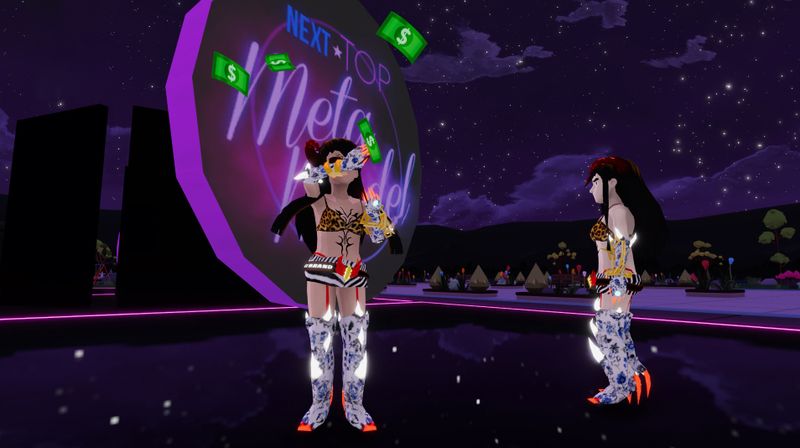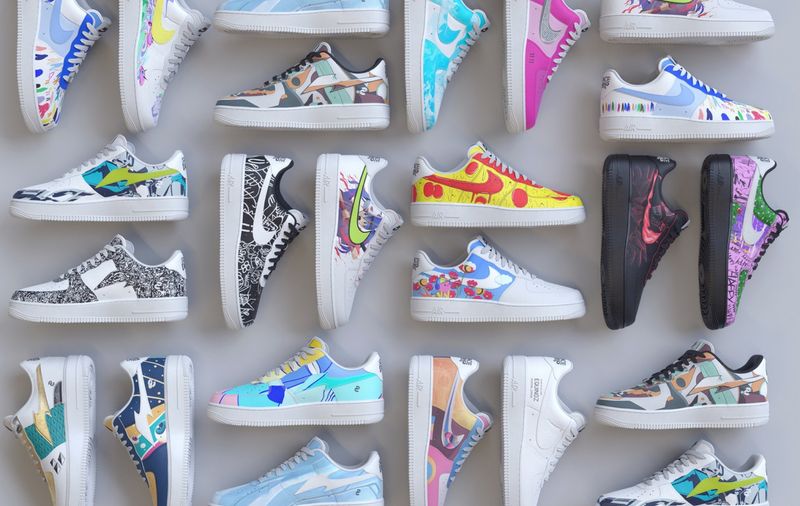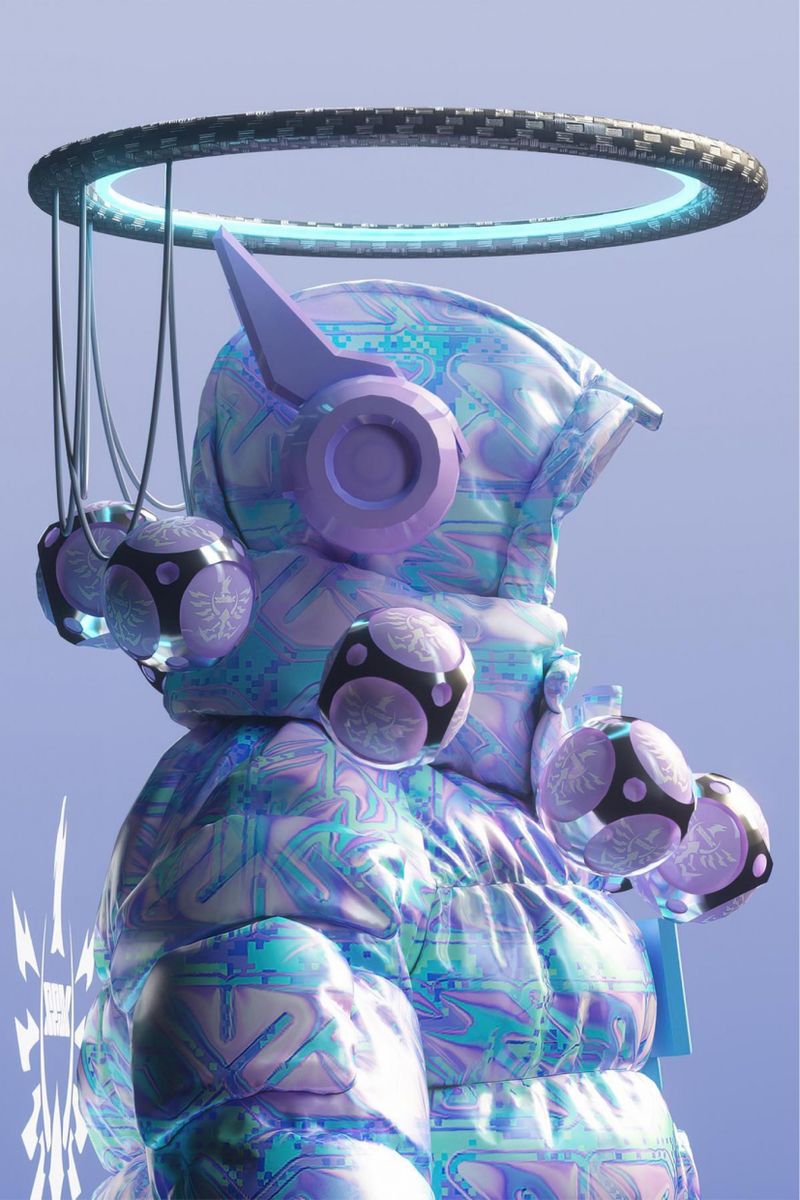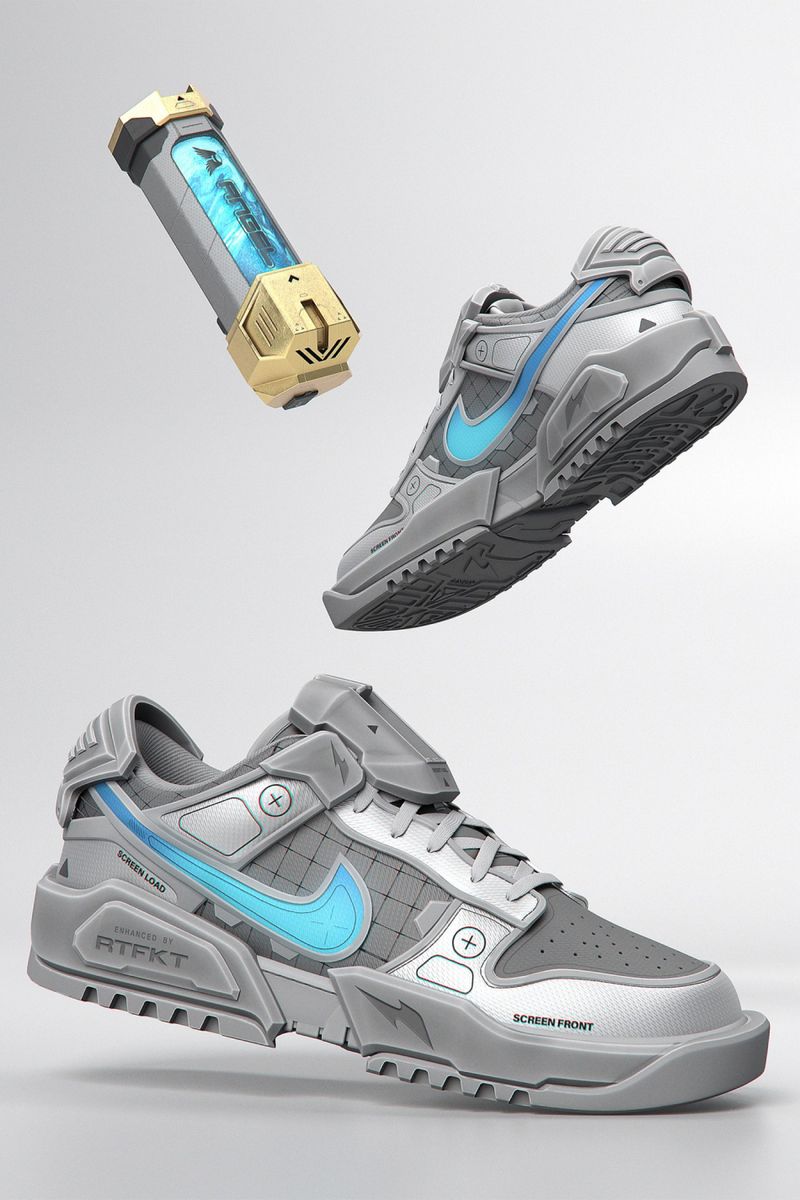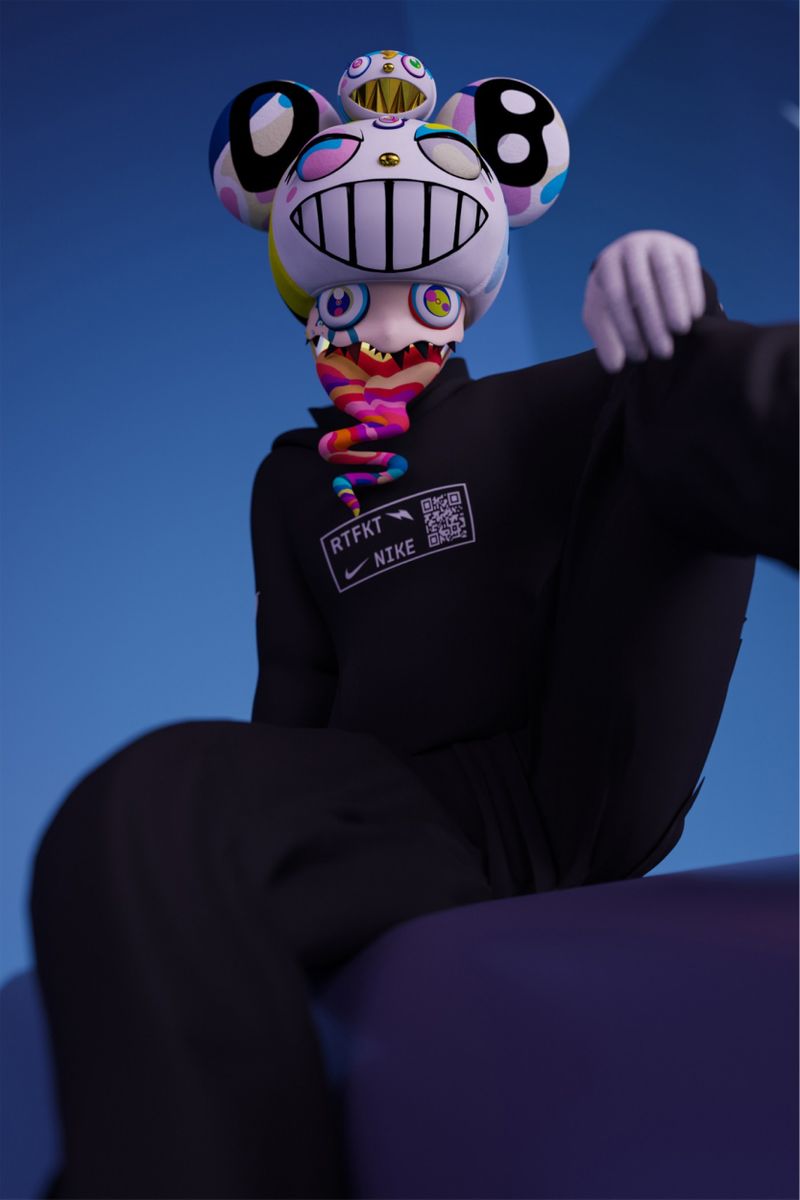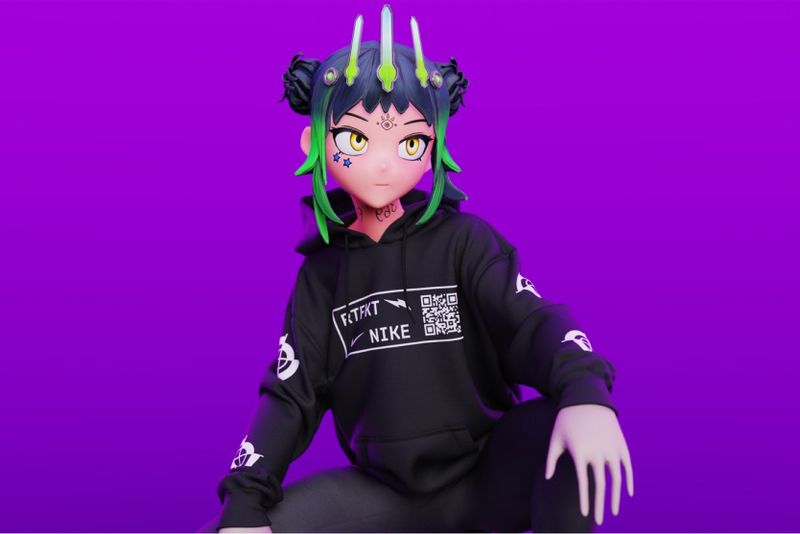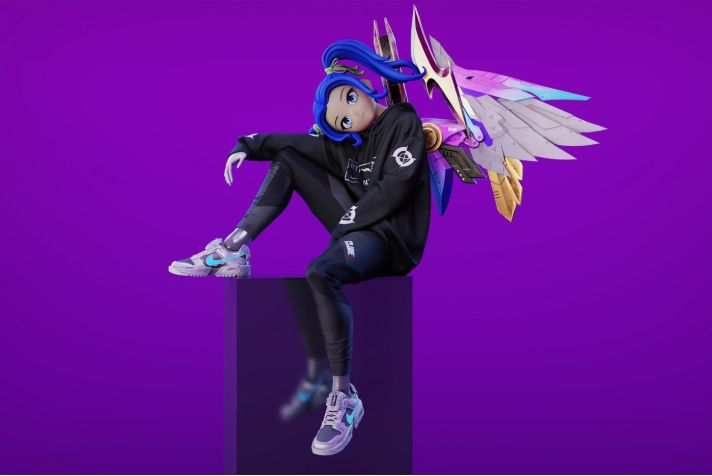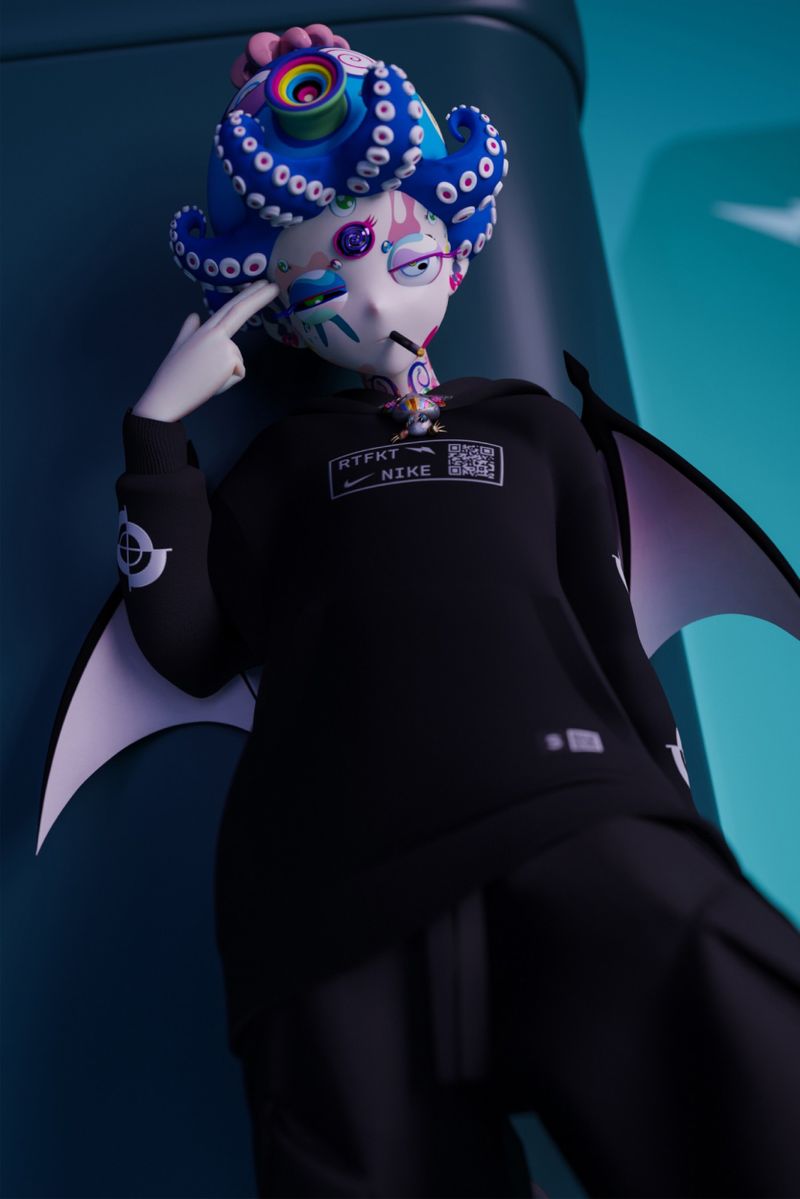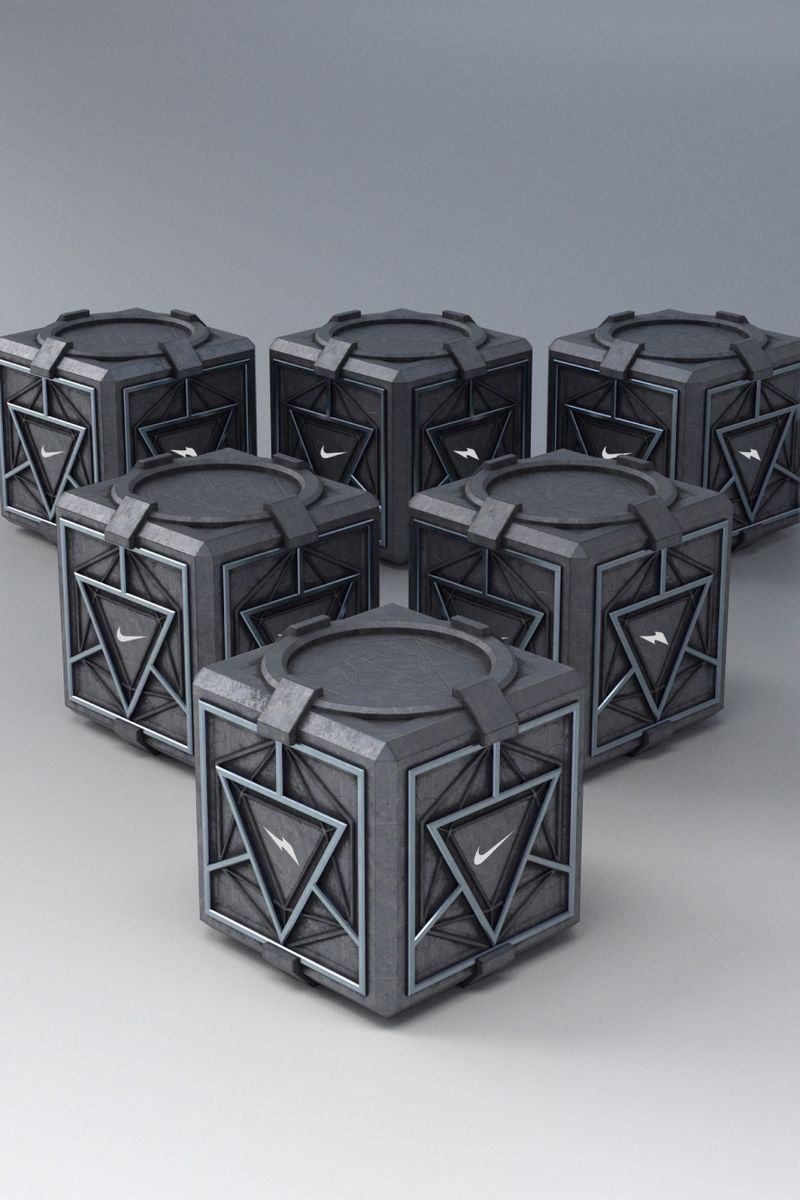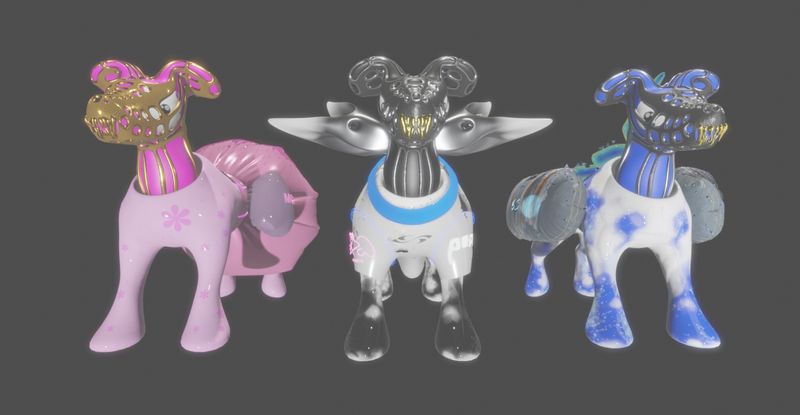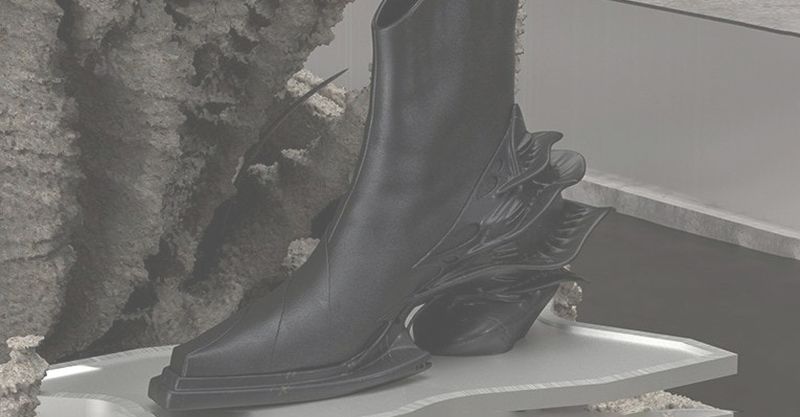RTFKT
Benoit Pagotto is a name that needs no introduction. Behind the view of an irreverent and quite comical CLONEX avatar is Pagotto’s mind. Known for co-founding RTFKT, Pagotto built the leading virtual fashion platform in the NFT market acquired by Nike which is currently valued at $33 million USD. The strategist, who is now part of BoF 500, doesn’t believe in the metaverse or NFTs but in community and joint innovation. With CryptoKicks, Pagotto explores the possibilities between physical and digital aesthetics in streetwear. CLONEX, on the other hand, reimagines human’s ability for self-expression through customizable high-end avatars. If you wonder what’s next for the French multihyphenate and his vision for democratizing 3D collectibles, scroll down for more.
BENOIT PAGATTO
RTFKT
HE/HIM
PARIS, FR
WORDS BY
CAIT MONAHAN AND SOFIA DE LA CRUZ
16/02/2023
16/02/2023
Benoit Pagotto is a name that needs no introduction. Behind the view of an irreverent and quite comical avatar is Pagotto’s mind. Known for co-founding RTFKT, Pagotto built the leading virtual fashion platform in the NFT market acquired by Nike which is currently valued at $33 million USD. The strategist, who is now part of BoF 500, doesn’t believe in the metaverse or NFTs but in community and joint innovation. With CryptoKicks, Pagotto explores the possibilities between physical and digital aesthetics in streetwear. CLONEX, on the other hand, reimagines human’s ability for self-expression through customizable high-end avatars. Below, Pagotto discusses what he's working on next, the integration of AI into his design process and his plans to further democratize 3D collectibles.
What has been the biggest change for RTFKT since you launched in 2019?
The biggest shift came when we were acquired by Nike three years ago. There has been much more interest from companies, mainstream brands and the wider industry. I'd say this was also partially combined with how receptive and welcoming the community seemed to be of Web3, almost asking mainstream brands to come into the space. Two years ago in 2021, we were all considered very anti-establishment. Now, people are very welcoming. I think they are committed because they understand that it's what is needed for technology and culture to spread faster and on a wider level.
It’s an elusive term, but what does the metaverse mean to you?
For me, the word metaverse is almost an abusive term. But you know, people need to name things they don't understand. I honestly think the term metaverse this time next year won't be used as much anymore as it doesn't really mean anything. In its best version, you can see how it is trying to manifest an idea. But the problem with the metaverse world is that it relies on very small insights and unpopular crypto platforms. The most interesting thing about the metaverse is that it's in an open economy, an alternate reality powered by an alternate currency. You can see how this is changing how we think of a product or a brand and how we think of different business models and ways of creating experiences that are not necessarily physical. You can still have commerce and interactions through digital experiences.
As technology becomes increasingly a part of our identities, do you think the way younger generations grow up will change?
It's hard to predict, but you can see how much we changed since we got phones; they immediately became part of our lives. Imagine the moment we can have something you don't need to hold in your hand, something we can use to augment our body and brain. If you look at the relationship between human evolution and technology, as soon as there's a big technological breakthrough, there's mass adoption, which changes a lot of societal behaviors. I don't know when the next step of evolution through technology will happen, but I'm sure it will have a huge impact.
Sometimes there is a bit of a disconnect between Web3 and streetwear. Many people don't understand the value of intangible goods, yet these same people might buy $1,000 USD sneakers and put them on their shelves without ever wearing them. So, how do you bring the streetwear consumer into the Web3 conversation?
We need established brands to educate their audiences on that; to understand the core benefits of the Web3 space. I think it's quite easy because the moment you experience it for the first time, such as buying a digital good, it opens many doors. It becomes very natural to understand why it's cool and why it's the future. The problem is, in Web3, there are a lot of bad experiences; there's a high entry price now and the good stuff is often more expensive. We need big players to make something accessible enough to their existing audience and then, it will be hard for them to go back to just buying physical stuff, trying to resell it, or having it on their shelves where no one sees it. With virtual collectibles, you can easily showcase them in open 3D spaces in just a few clicks.


